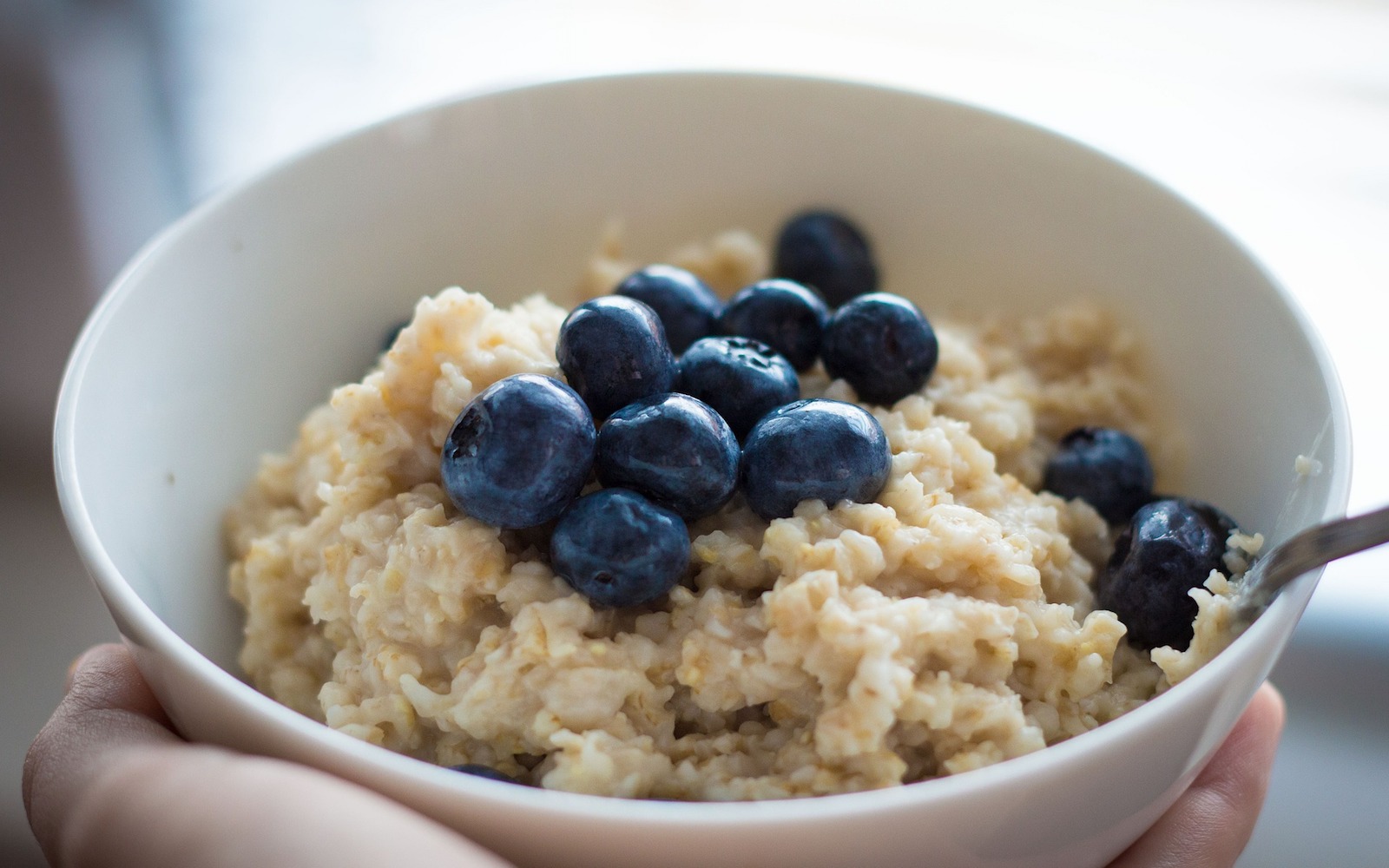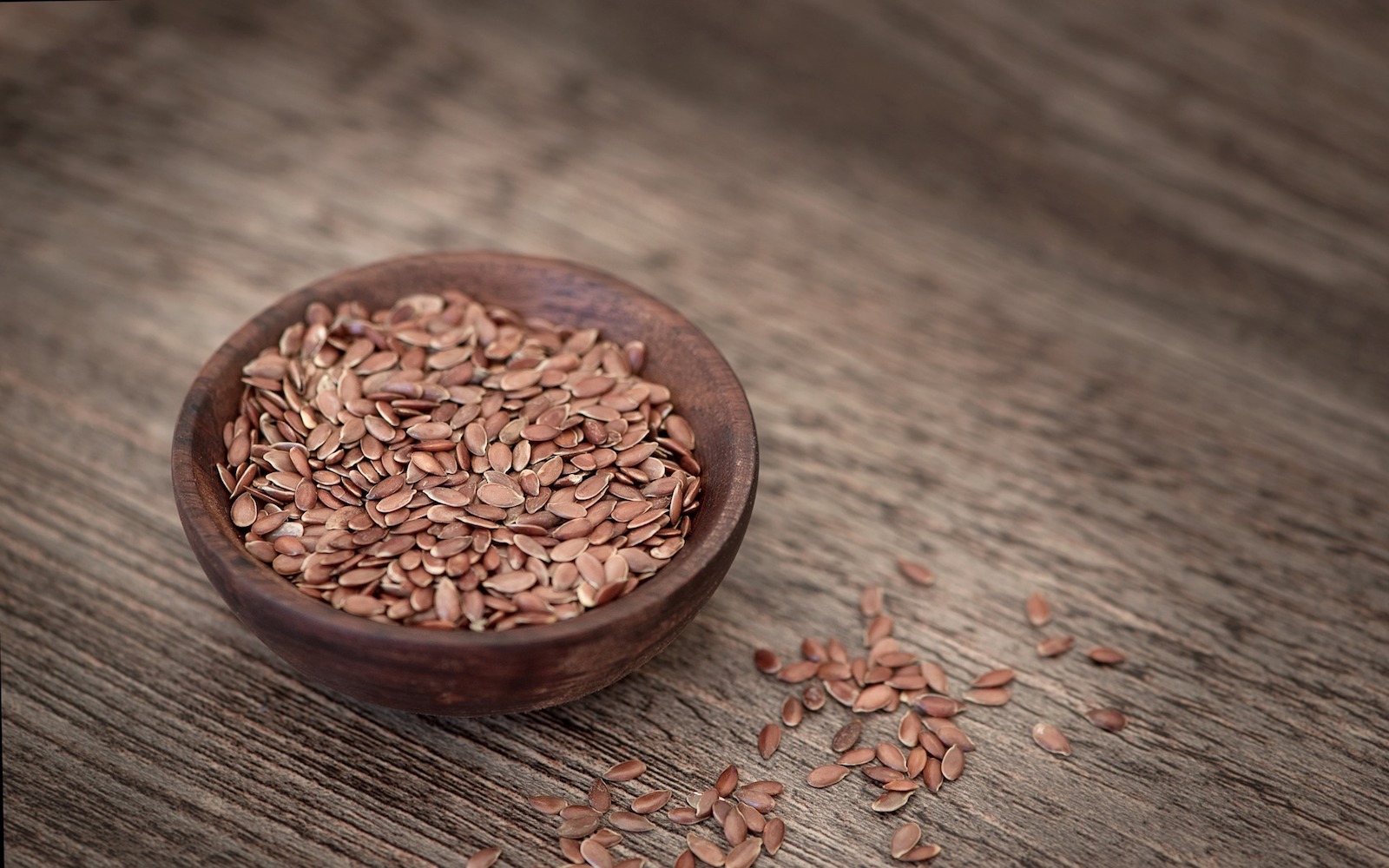Maybe it’s the lack of sunshine or the chaos of the new year, or perhaps a
particularly challenging relative at the dinner table! Either way, stress levels can quickly rise, resulting in gloomy moods and a less than positive outlook. But fear not–good nutrition can help you combat these stresses! Here are 7 stress-busting nutrients that are crucial to incorporate into your diet, as well as information on the foods containing them, and some delicious recipes to get you motivated. You’ll be mentally prepared for the holiday season in no time!1. Magnesium

This underrated mineral has numerous important functions in the body, including supporting healthy muscles and nerves, regulating blood sugar levels, improving sleep, and leading to healthier bones. Magnesium can also act as a mood-booster and stress-reliever by preventing the release of stress hormones into the brain–hormones that, when flooding the brain on a regular basis, can have debilitating physical and psychological effects. The recommended daily dosage of magnesium is between 300 and 400 milligrams depending on gender and age, and it is estimated that nearly half of Americans are deficient in this mineral. So load up on magnesium-rich foods, which include oats, spinach, pumpkin seeds, peanut butter, black beans, and even dark chocolate!
2. Omega-3 Fatty Acids

Typically associated with fish oil, but also found in plant-based sources, omega-3 fatty acids make up a crucial part of brain cell membranes, and are essential fatty acids, meaning that the body does not produce them on its own–you must consume them as part of your diet. They have been proven to fight against inflammation, aid brain growth and development, and reduce the risk of developing cardiovascular disease. Studies also indicate that omega-3s may fight the symptoms of depression and lead to more mood stability overall, always a plus when it’s getting dark and gloomy outside (seasonal affective disorder is legitimate!). Some excellent plant-based sources of omega-3s include flax seeds, walnuts, and leafy green veggies.
3. Folate (Folic Acid)

Folate (AKA folic acid when referring to the synthetic form) is one of the water-soluble B-vitamins (specifically, B9), and is crucial for proper fetal development, DNA-production, and cell division. It is also excellent for cardiovascular health and may reduce the risk of macular degeneration. A folate deficiency may increase the risk of developing major depressive disorder (MDD), making it a crucial nutrient to include in your diet, especially if you are suffering from severe stress, anxiety, or any other mood disorders. Some folate-rich foods include asparagus, legumes, leafy greens, and nuts/seeds.
4. Iron

Iron is a mineral that is a crucial component of hemoglobin, which is a substance in red blood cells that helps carry oxygen throughout the body. As a result, iron helps improve muscular stamina, lead to better energy levels, boost the immune system, and aid athletic performance. Iron deficiency, also called anemia, can lead to fatigue and feelings of depression, meaning that meeting the minimum RDA of iron is especially important during the chaos of the holiday season–or at any time of the year! The two types of iron are heme (found only in animal products) and non-heme (found in plant sources). Though heme iron is more readily absorbed by the body it has also been linked to an increased risk of coronary disease and colon cancer, since the body may absorb too much, leading to the possibility of an iron overdose, With non-heme iron, however, the body takes only what it needs, making it a healthier and better choice. Some iron-rich foods include edamame, lentils, quinoa, dried apricots, and kidney beans.
5. Calcium

Though typically associated with milk, calcium is found in several plant-based sources, many of which boost far more health benefits than dairy products. It is a crucial mineral for building and maintaining strong bones, especially in combination with vitamin D, as well as helping the muscles, heart, and nerves function properly. However, the benefits of calcium go even further than this. Studies indicate that calcium can help manufacture melatonin, which regulates the body’s sleep-wake cycle–turns out the benefits of a warm glass of milk have nothing to do with dairy, and everything to do with calcium! As a final bonus, calcium may also prevent pre-menstrual syndrome-related depression in women. Some calcium-rich plant-based foods include sesame seeds, leafy greens (especially collard greens and kale), blackstrap molasses, and beans.
6. Vitamin C

Good for more than just boosting the immune system, vitamin C also has mood-boosting properties, and can even (literally) brighten up your meals in the dark winter months. In addition to supporting the immune system, vitamin C can help protect us from colds, speed up the process of healing wounds, lower blood pressure, and even potentially reduce the risk of developing certain types of cancer. Several studies have shown a link between vitamin C consumption and a reduction of anxiety and depression, making it a crucial nutrient to consume during times of stress. In addition to the well-known citrus fruits, some other vitamin C-rich foods include strawberries, sweet potatoes, bell peppers, Brussels sprouts, and guavas.
7. Vitamin E

Vitamin E is a fat-soluble antioxidant that is important for protecting cell membranes, assisting in the formation of red blood cells, and maintaining smooth, skeletal, and cardiac muscle, among other functions. It may also provide protection against cardiovascular disease, especially since it is often found in foods that are rich in healthy fats. Studies also indicate that a vitamin E deficiency has been linked to anxiety and depression, making it an excellent vitamin to focus on during this time of the year. Some foods rich in vitamin E include sunflower seeds, leafy green vegetables, wheat germ oil, peanuts, and almonds.






Комментариев нет:
Отправить комментарий